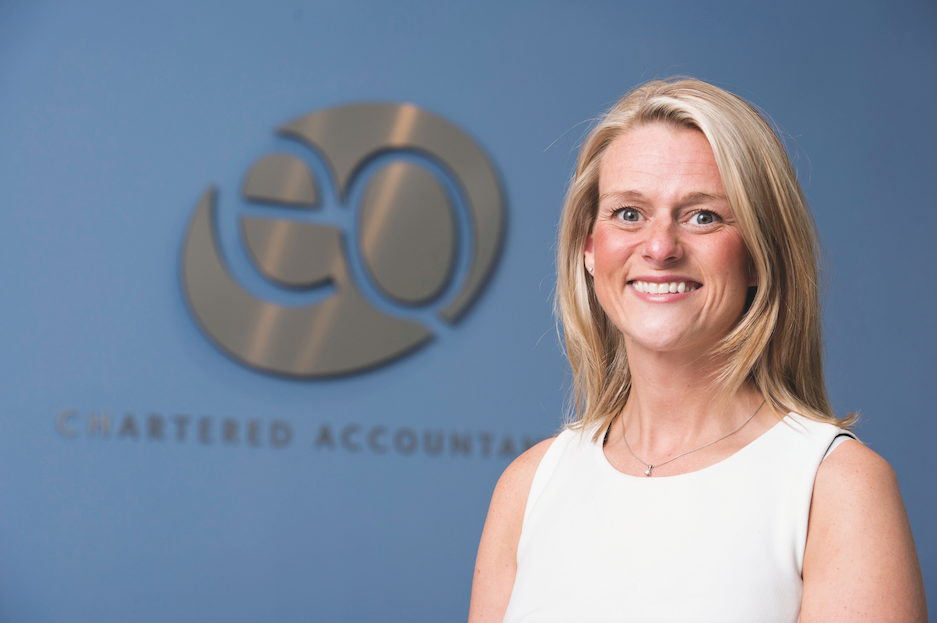Better to sell the shares or the assets of your practice?
When the time comes to sell your incorporated dental practice, you will have two options – sell the shares in the company or sell the assets of your company.
Selling the shares in your company will mean that you sell the whole of your company, including assets, goodwill, liabilities, future liabilities. This means as a seller, you will receive the consideration for your shares held in the company, and you may qualify for Business Assets Disposal Relief (BADR), previously known as Entrepreneurs’ Relief (ER), on the capital gain you make on the sale of your shares.
In order to qualify for BADR, you need to meet certain criteria, including:
- Your company must be a trading company.
- It must be your personal company, i.e. You need to hold at least 5% of the ordinary share capital and 5% of the voting power and be entitled to at least 5% of the profits available for distribution and to at least 5% of the assets available to equity holders on a winding up.
- You must be an officer or employee of the company.
There is a BADR lifetime allowance of £1 million and any gains covered by this allowance will be taxed at 10%. Any gains above this allowance will be taxed at the CGT rate applicable for that period (currently 20%).
It is more common within the dental sector for the seller to sell the assets of the company rather than the shares. This could create taxable gains and profits within the company, on which corporation tax would be charged, currently at 19%. A second tax charge would also arise when the shareholders withdrew the cash/reserves from the company.
Selling the assets, as opposed to the shares, sounds more costly in terms of tax, but there are other considerations.
Perhaps you would prefer to keep the property and instead rent it out to the new owner. This would make the sale cheaper, and potentially more attractive. This is easily done with an asset sale, but more complicated with a share sale, as the property would need to be transferred out of the company prior to the sale. Bear in mind, if you kept the property out of the sale, it wouldn’t qualify for BADR if sold further down the road.
As with all transactions that are tax related, each case is different. You will need to discuss your current, and future intentions with your accountant before making any decisions to ensure you are making the best use of tax reliefs.
If you’d like to talk to our team about any aspect of selling a dental practice or would like us to assist you in the process, please get in touch with Louise Grant (louise.grant@eqaccountants.co.uk) on 01382 312100.
[Pic: Louise Grant]
Partner & Head of EQ Healthcare
E: louise.grant@eqaccountants.co.uk
T: 01382 312100.

Comments are closed here.